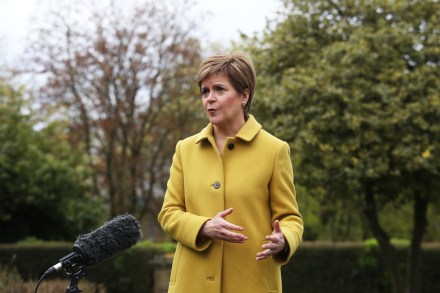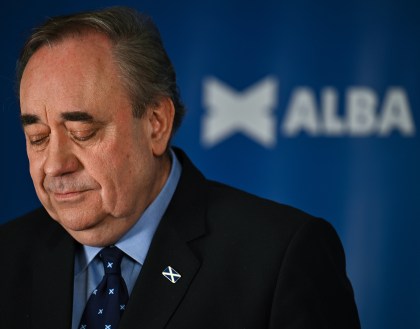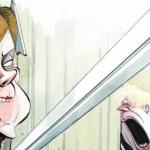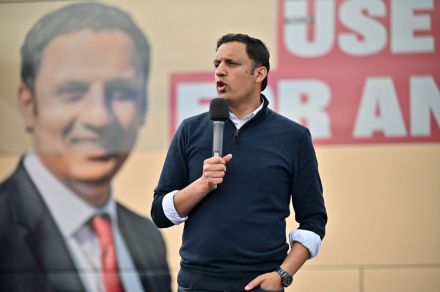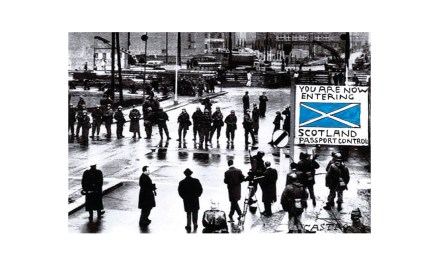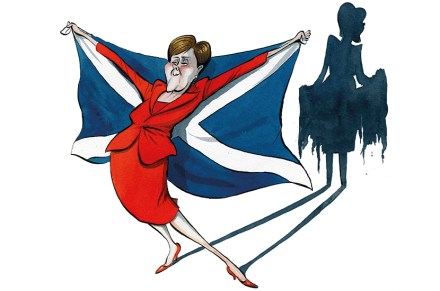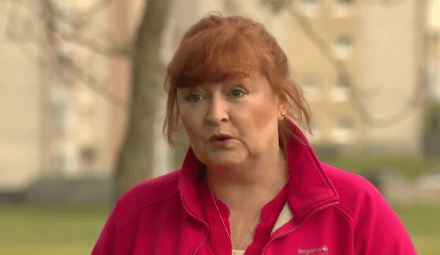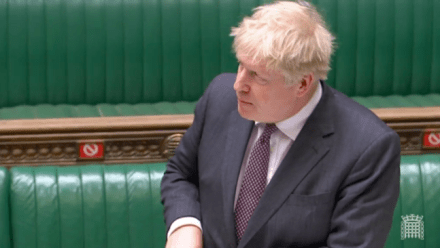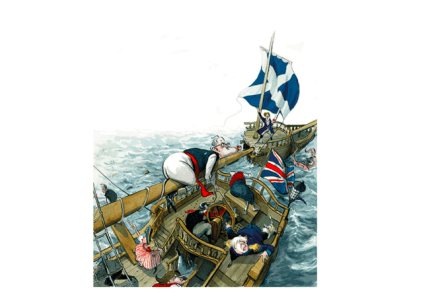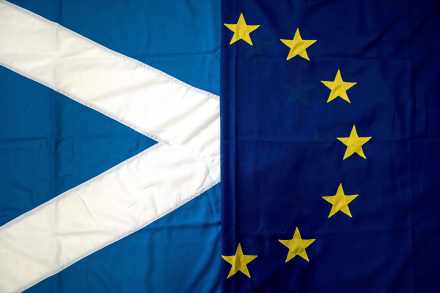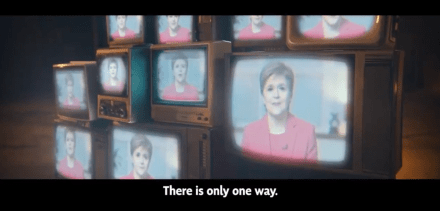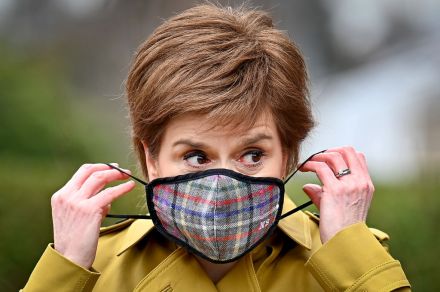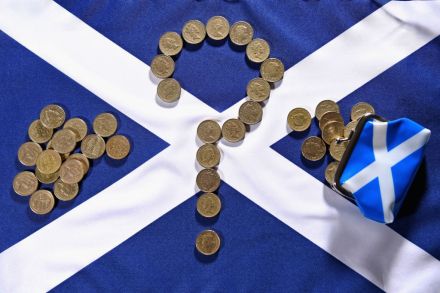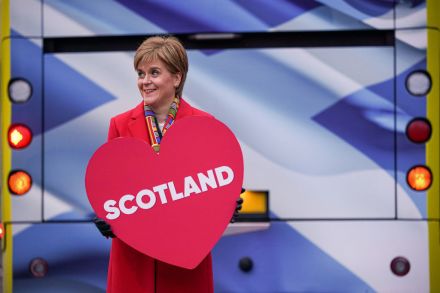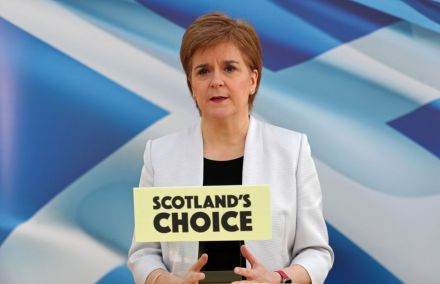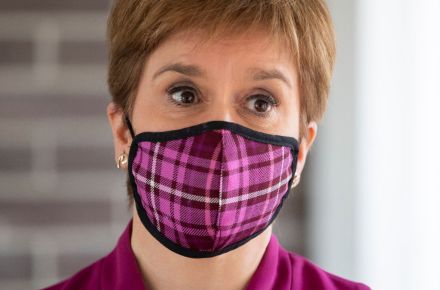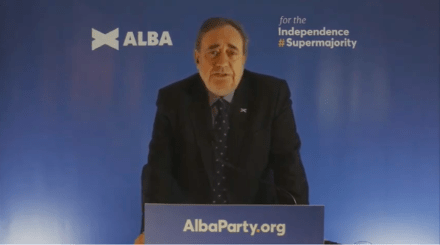Westminster must avoid the Sturgeon trap
The challenge for the UK government in the coming months is to make Nicola Sturgeon look like a constitutional obsessive. The SNP wants to frame the situation as Boris Johnson and the Tories denying the people of Scotland a referendum. The election results suggest there is no overwhelming clamour for a second referendum, with no SNP overall majority and the votes split evenly between pro and anti-Union parties. But UK government ministers should avoid giving the SNP the headlines they crave. They should side-step constitutional questions and instead emphasise co-operation on dealing with the after-effects of the pandemic. Ministers should force Sturgeon to make all the running on the second referendum
